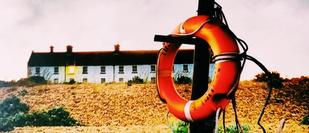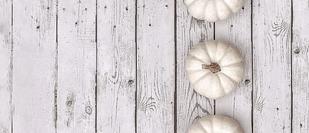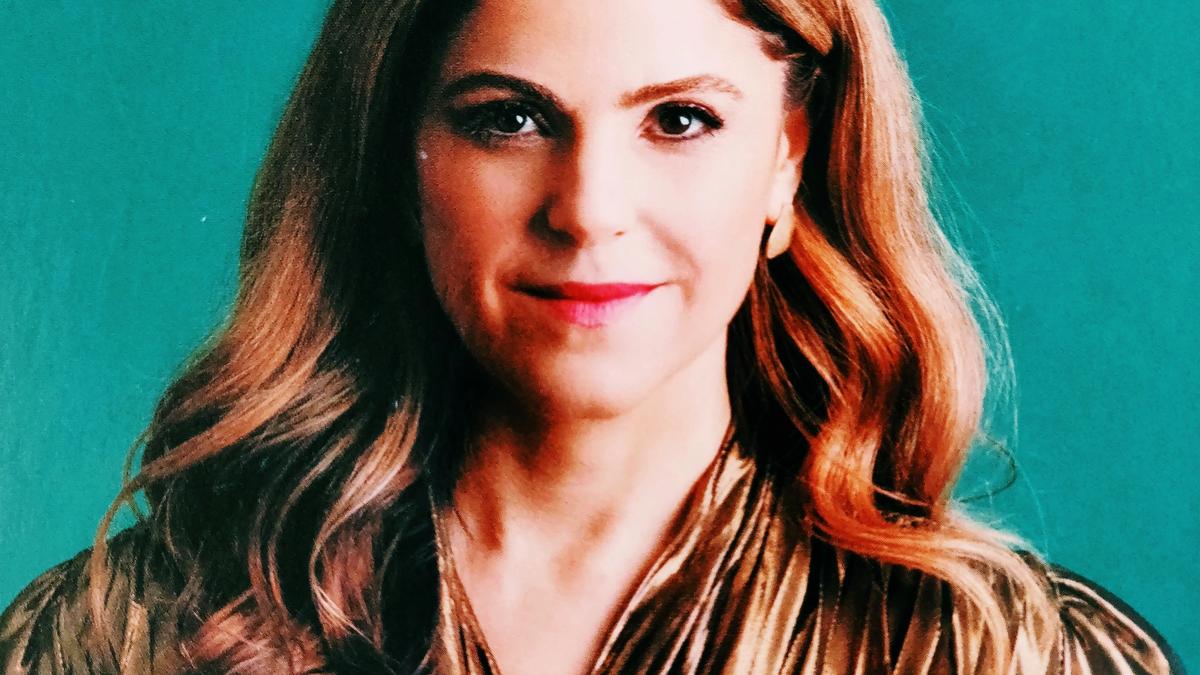
What Would You Do If You Weren't Afraid? by Michal Oshman
⭐️⭐️⭐️⭐️/⭐️⭐️⭐️⭐️⭐️ (4/5)
I've had a real blast reading a lot of non-fiction recently and have very much enjoyed them. I first spotted What Would You Do If You Weren't Afraid? by Michal Oshman in the Independents Summer Book Catalogue and featured it in my post about summer picks.
Read my picks from the Summer Book Catalogue
If I'm honest this book spoke to me on a number of levels at a time when I was afraid, afraid to make decisions and very much afraid to fail. It probably was a big factor in us moving house after a lot of soul-searching. It is scary leaving a house you have loved for 20 years, but it is extremely exciting embracing the new. We leave with a bunch of great friends and memories and are looking forward to making some more. Back to the review, I hate the term self-help and indeed this is a different kind of self-help book. So what was it all about?
The Plot (from the Inside Leaf)
Find resilience and purpose every day by focusing on designing a life you'll love. By drawing on her own heritage and wide range of Chassidut (Jewish Teachings), Michal offers practical advice for common concerns such as a broken heart, parenting, overcoming setbacks, and getting the most out of your career. In 10 chapters that explore 10 key principles, readers are encouraged to ask themselves important questions. By challenging you to explore what matters, Michal offers everyday solutions to your everyday struggles. She will empower you as well as teach you how to use her self-development tools to discover who you really are.
My Thoughts
At first glance, Michal appears to have it all. Head of Culture at Tik Tok Europe and Former Leadership Expert at Facebook. She served as an officer in the Israeli Defence Forces, has 3 university degrees and has a loving husband and 4 children. However she confesses that for most of her life she has struggled with anxiety and lived a life afraid.
This would manifest itself in crippling anxiety - fearful to sign the permission form for her children's school trip in case something bad happened and unable to give her girlfriends a time to come over for coffee in case there was some kind of accident.
When things became so bad, and other therapies had not worked, she found strength in the Jewish faith, learning the teachings, taking the time to understand and appreciate them before applying them to her own life. And they helped, helped with the anxiety, helped her to move forward. To embrace life and no longer be afraid.
Please do note, this book is able to read by anyone of any faith, or even those without faith. Even though the Jewish teachings are covered, it is offered gently. There is no attempt to exclude a different point of view , or even to convert. Instead it is offered as something that may help to solve a problem.
The book is divided into 10 chapters, and each chapter starts with a knotty problem Michal has faced, before offering a Jewish teaching that will help put the problem into perspective and offer gentle guidance. At the end of each chapter, is a section where you are encouraged to explore the problem further with some well-asked questions. But as Michal says, work through the lot, or some, or not at all. It is your choice and there is no judgment.
And so we learn about Mitzrayim, Bittal and Tikkun for example. But is is offered anecdotally. The best way I can describe it is to imagine talking over a coffee with a friend about a problem affecting you. Your friend recalls a colleague who had a similar problem and solved it. Maybe they accessed therapy, or did meditation, drawing or essential oils. Maybe they had a difficult conversation? Maybe their struggle, as relayed by your friend helps you to see your problem clearer. And this is exactly what is going on here. Sound advice is offered and it is given in a respectful, loving and humble way.
It is worth noting that Michal has been influenced and found inspiration from the writings of Viktor Frankl, the Jewish psychiatrist and holocaust survivor whose book 'Man's Search for Meaning' deals with Logotherapy and finding meaning in one's life. Indeed the chapter about finding your flame has very much stayed with me.
I loved this book and have already bought copies for the people in my life. The teachings are shared in a respectful manner and help provide illumination.
I hope you have a great weekend. I'll be back next week with a couple of cracking crime reads. I'm also re-reading September by Rosamund Pilcher this weekend ready for our next Pilcher Seasons book group.
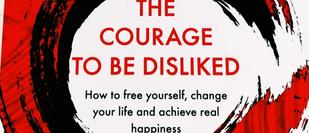
The Courage To Be Disliked by Ichiro Kishimi and Fumitake Koga
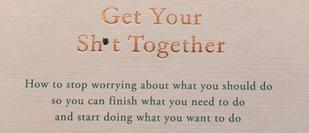
Get Your Sh*t Together by Sarah Knight
